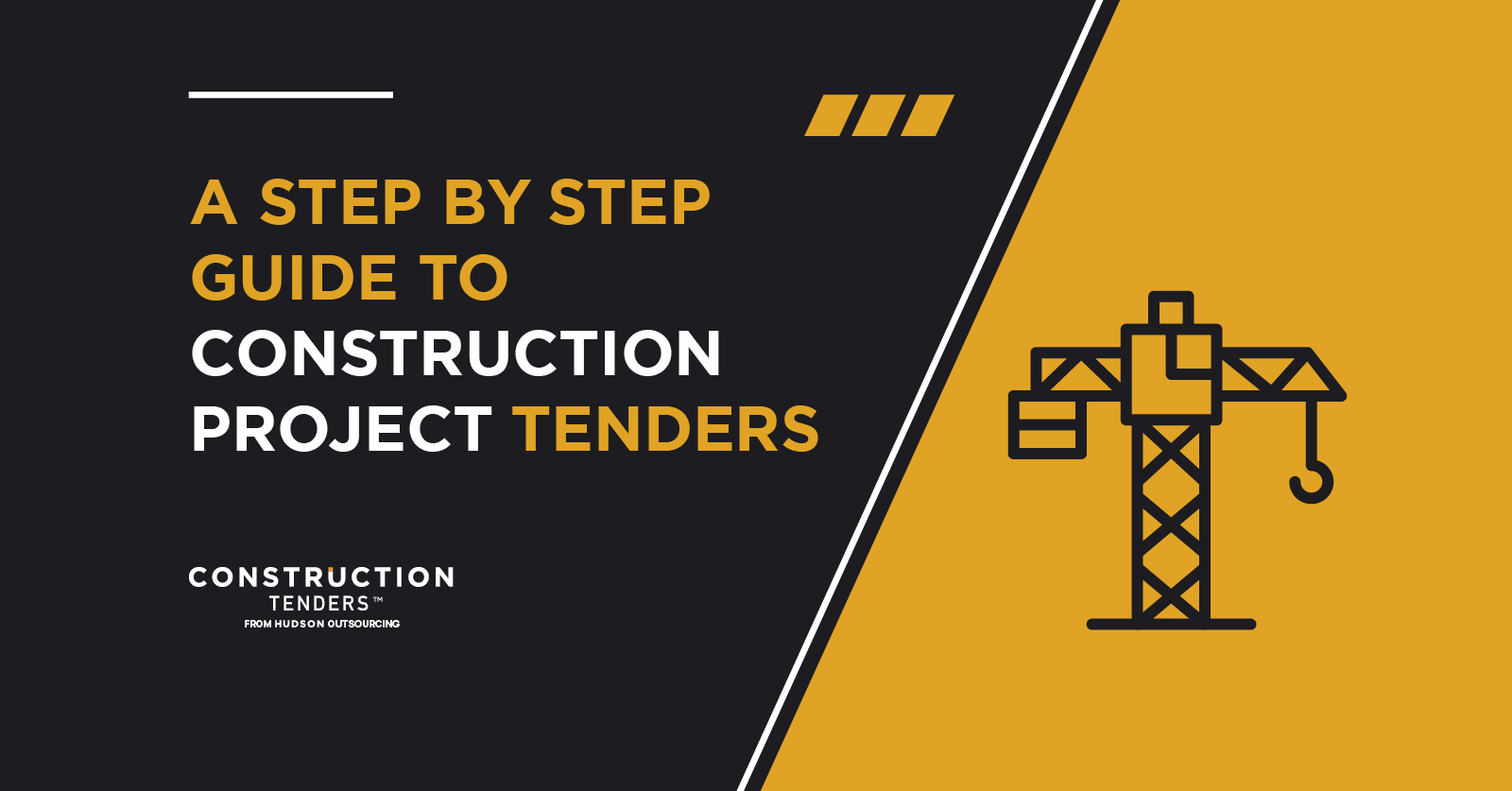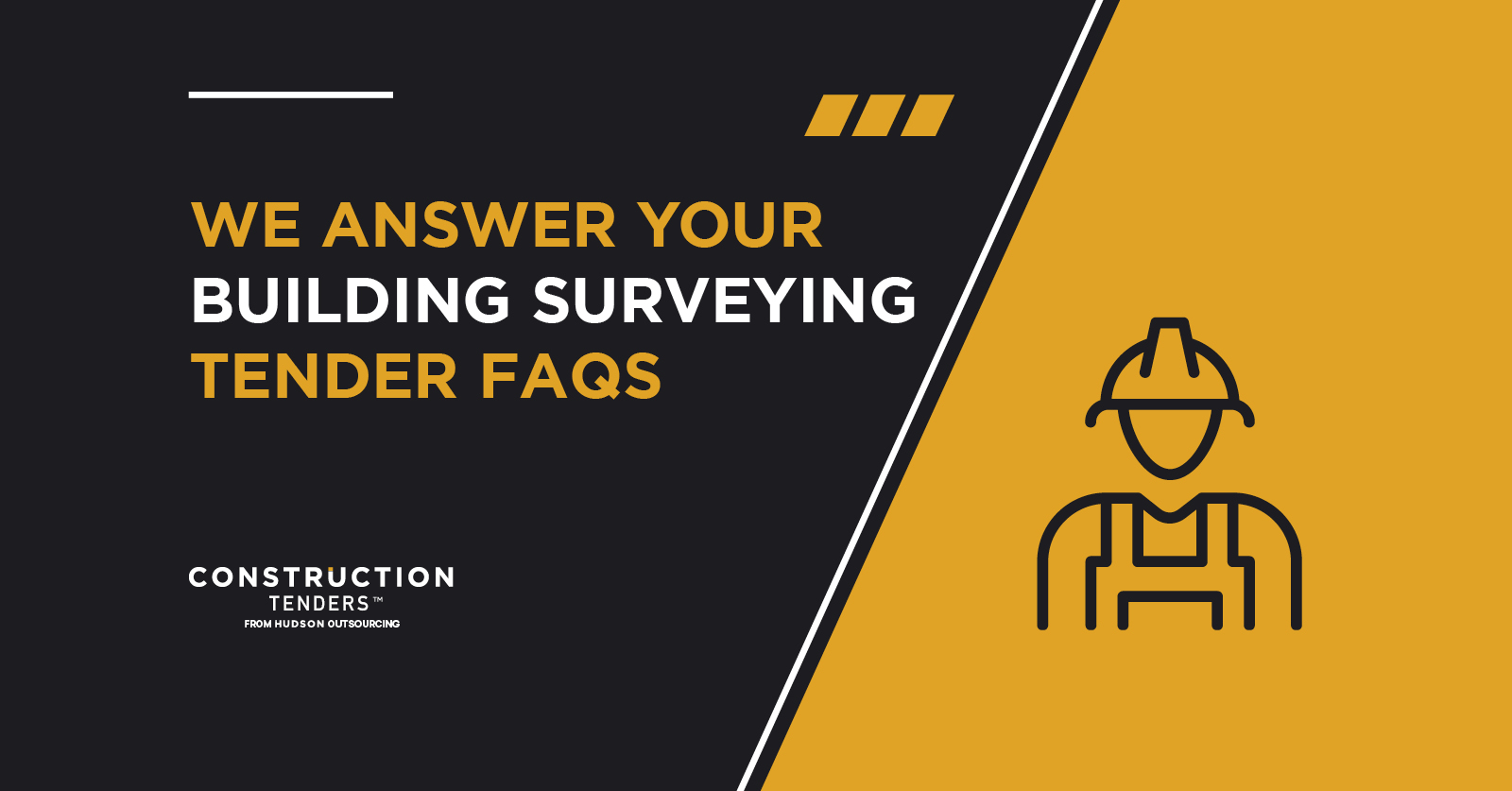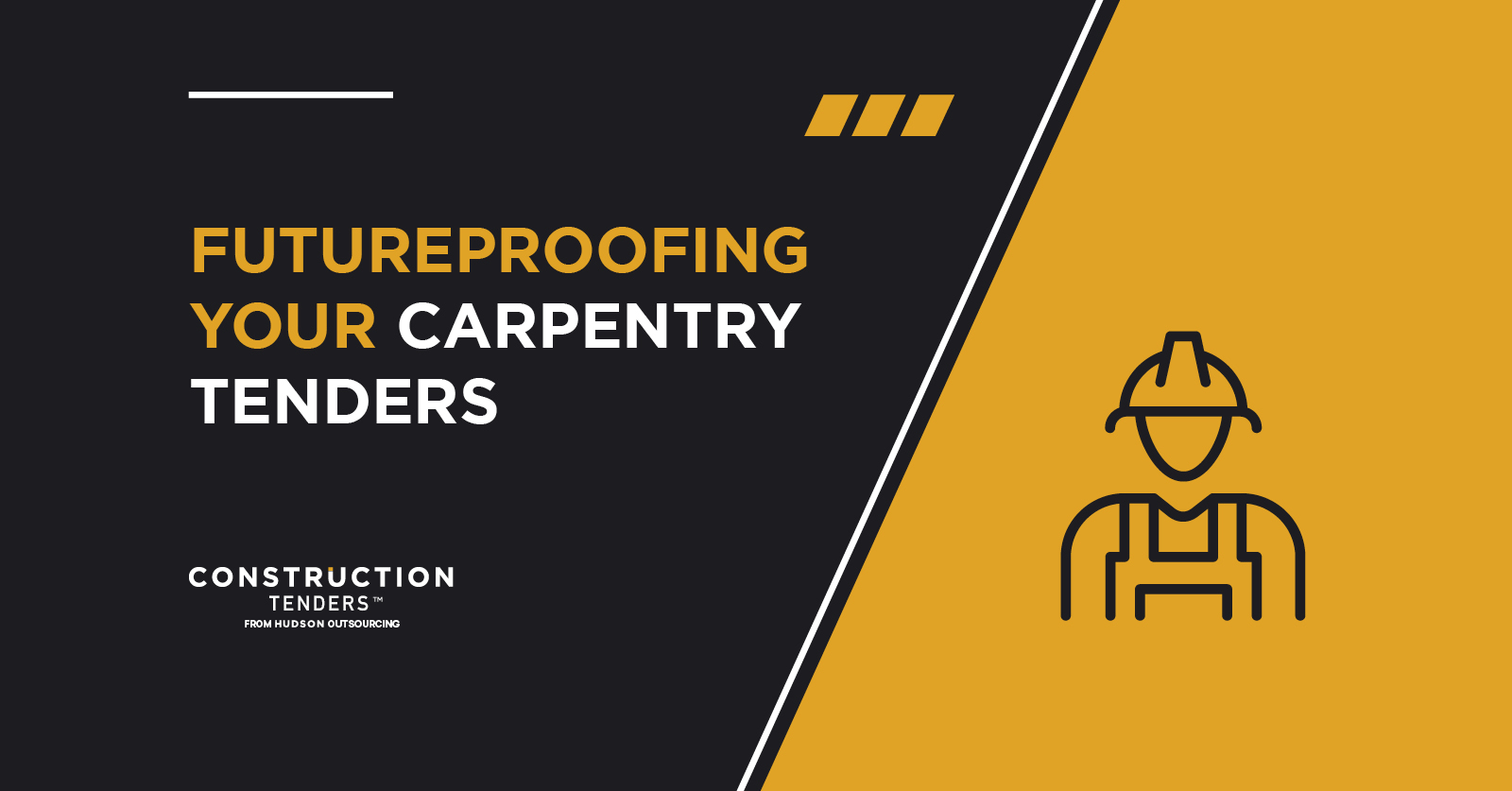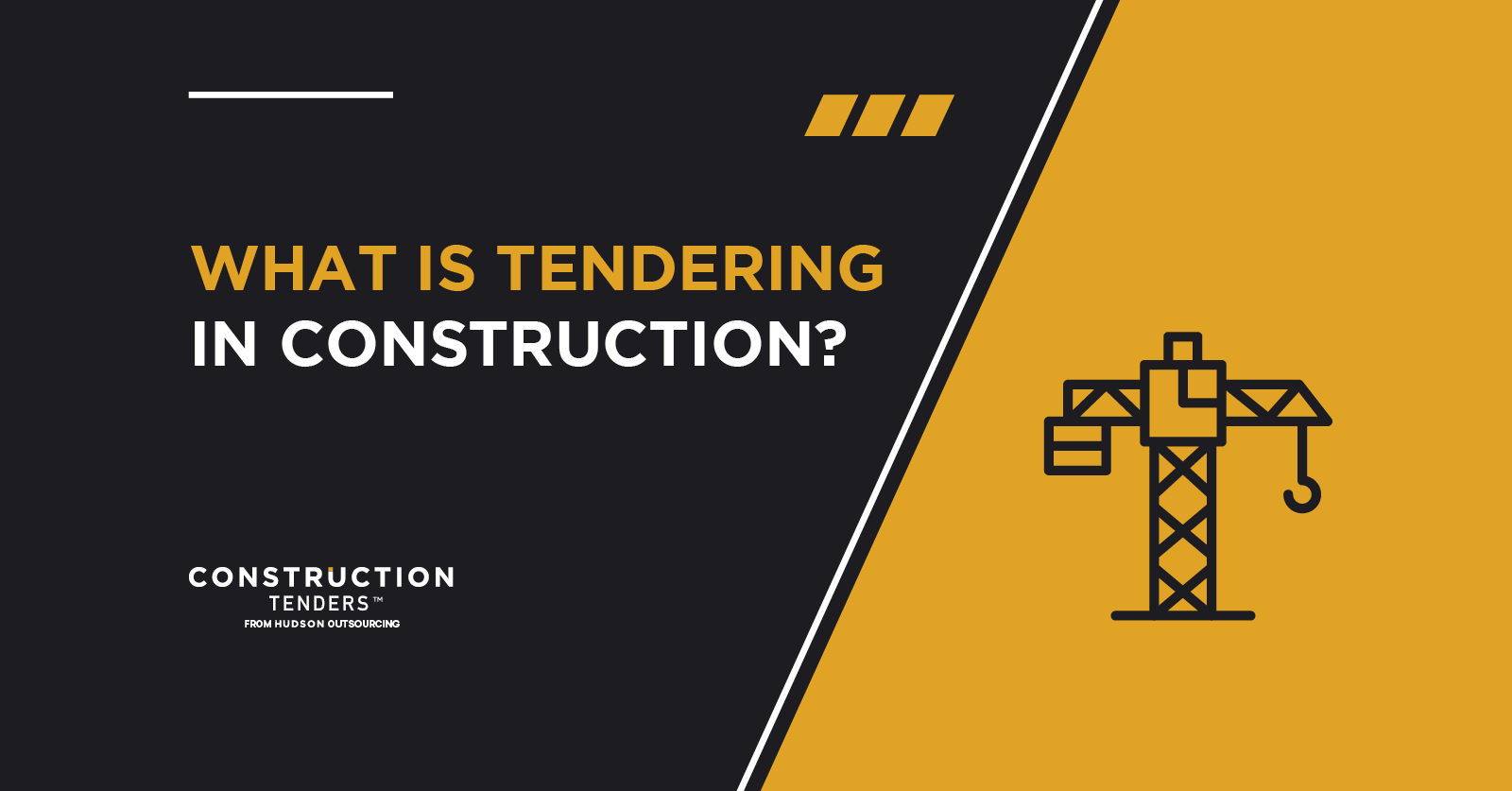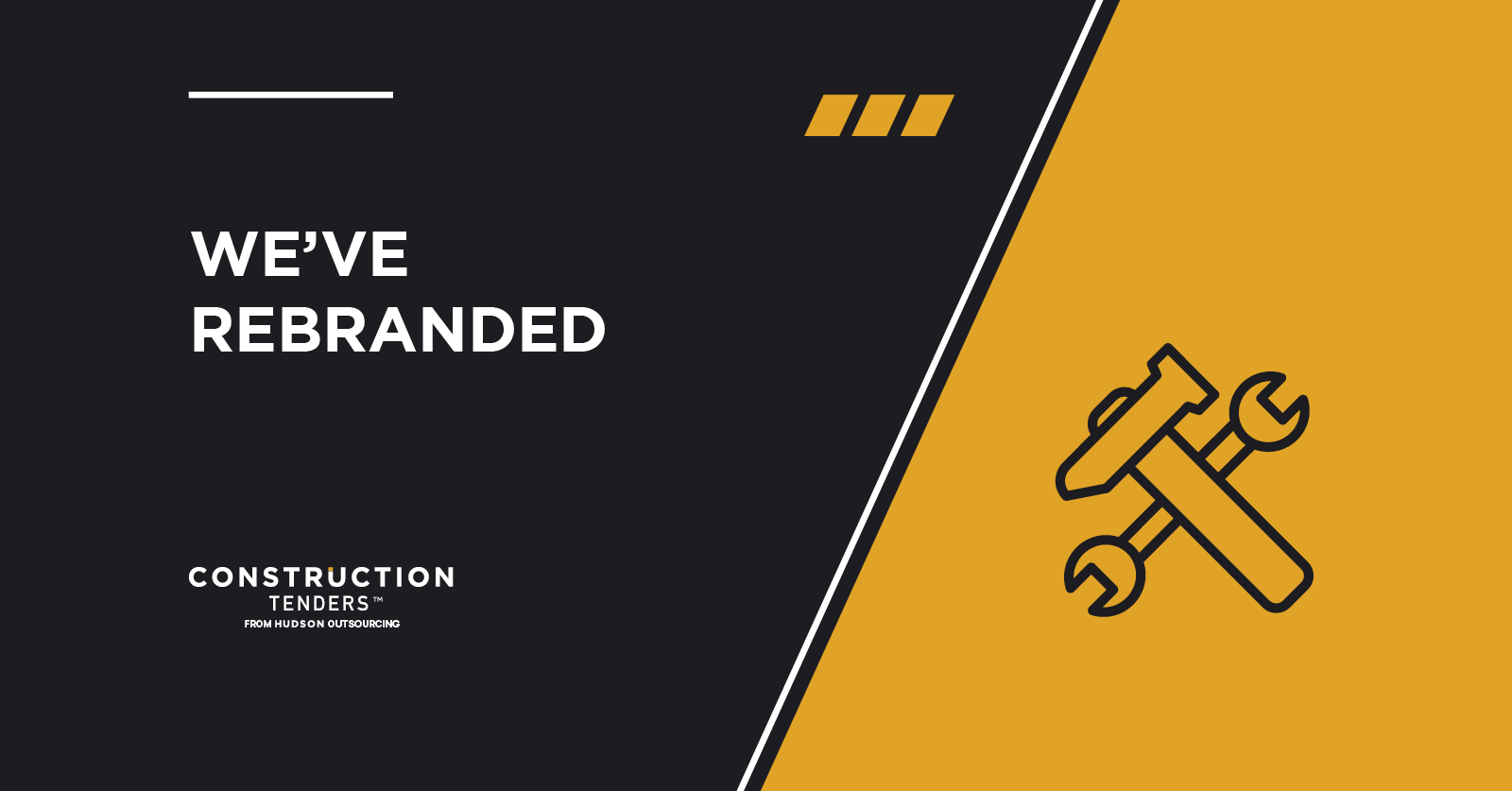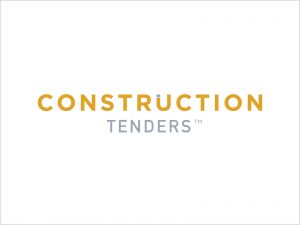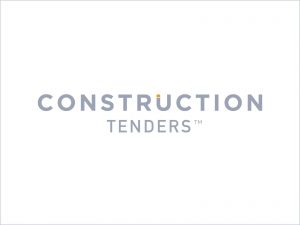How to tender for construction projects step by step guide
Wondering how to tender for construction projects? In each industry, the tendering process can slightly differ. If you’re tendering in the construction industry and you’re unsure of the process, we can help you. We’ve put together a blog on things you need to know about tendering for construction projects.
Construction tenders are essentially public contract opportunities. In construction, an invitation to tender may be issued for a number of reasons to procure the likes of:
- Services
- Goods
- Works
- Utilities
Documents required for tenders for construction projects
Documents for tenders for construction projects may be prepared for a range of contracts such as:
- Equipment supply
- Main construction contracting including the design by the contractor
- Demolition
- Enabling works
Types of tenders for construction projects
No matter the service or goods being sought the tendering process can come in many formats. Types of tenders include:
-
Open tendering
In open tendering contracts are first advertised giving notice to anyone wanting to submit a tender. Open tenders usually provide an equal opportunity for any business to submit a tender.
-
Selective tendering
Pre-selected potential suppliers are invited to tender. They are assessed and approved as being able to fulfil the required work. Selective tendering is generally only used for specialist works or suitable companies.
-
Negotiated tendering
This is when a client reaches out to a single supplier. It could be because they’ve worked together previously, or they are a specialist in that area of expertise. Working with a supplier they already know can be reassuring for them as they know they can trust them.
-
Serial tendering
Serial tendering is when tenders are submitted based on typical quantities or schedule of works. The documents will detail the buildings that would be covered by the works.
-
Framework tendering
Framework tendering involves documents that establish the scope of the works or services required during a certain time period.
-
Single-stage and two-stage tendering
Single-stage tendering is the most common route. It means all the information required by the supplier to submit their bid is available.
Two-stage tendering is useful as it allows the early appointment of a supplier or specialist. In the first stage, the supplier and the buyer can make an agreement between themselves.
-
Public sector tendering
Most tendering opportunities are published by public sector departments. This is because most publicly funded organisations have to spend their money equally and wisely. They have to create fair and equal opportunities for suppliers competing for the bid.
Strong examples can help you win your bid
When tendering for construction projects the buyer wants evidence to see what you’re capable of. Always back up what you’re saying with evidence. Providing good examples of previous work can help you win a construction contract. Some examples may include:
- References from clients
- Before and after photos of a projects
- Awards and nominations
- Completed risk assessments
What to do if you’re unsuccessful with your bid?
Tendering for construction projects can be a competitive market as there is a lot of competition out there. Everyone wants to prove why they should win the bid so don’t be disheartened if you lose the bid. Asking for feedback can help you understand where you lost marks and help you improve for next time. There are a number of reasons you may have lost the bid including:
- Not answering the question fully
- Spelling and grammar errors
- Not concise or clear
- Not including everything requested
Asking for feedback shows the client that you are committed to improving your bid writing. We recommend meeting with your team who worked on the bid. Discuss what went wrong and how you can work together to improve on the next bid. It’s important everyone knows how they can turn those weaknesses into strengths.
The most important thing to remember when tendering for a construction project is to prepare as much as possible. Give yourself plenty of time to read documents and understand the bid at hand. If you rush the tendering process, you’ll find yourself unsuccessful with the bid. Be prepared and read carefully!
The more you go through the tendering process, the better you will become at it.
Need help to tender for construction projects?
Finding the right tender for your business can take a large amount of time out of your day. There are thousands of websites posting multi-sector opportunities and searching for leads can turn into a full-time job. Each one may have its own portal, login or password. Luckily for you, we have a solution.
Construction Tenders is one centralised and easy-to-navigate portal hosting exclusive, public and private construction leads and tendering opportunities. Gone are the days of relying on inaccurate CPV Codes! Our Opportunity Trackers manually search and upload tenders from thousands of websites across the UK. You’re able to filter and search the results by budget, keyword, location and more, streamlining the process.
A subscription to Construction Tenders offers your business:
- Access to all unique, private and public sector opportunities within the construction industry.
- An on-hand Account Manager to answer any questions you may have about competitive tendering in construction.
- A daily email bulletin sent straight to your inbox when new construction tenders are uploaded that day.
- Discounted support from Hudson Succeed, our bid writing division.
- 20-minutes for free consultancy with one of our Bid Writers each month.
We also source opportunities for services including;
- Civil Engineering Tenders
- Health & Safety Tenders
- Cable Laying Tenders
- Structural Engineering Tenders
- Electrical Tenders
- Building Works
- Joinery Tenders
- Architectural Tenders
- Refurbishment Tenders
- Brickwork Tenders
- Small Construction Tenders
- Surveying Tenders
- Demolition Tenders
- Flooring Tenders
- Glass Tenders
- M&E
- Cost Consultancy
- Painting Contracts
- Decorating Tenders
- Masonry and many more.
Get in touch to find out how we can help your business grow.
